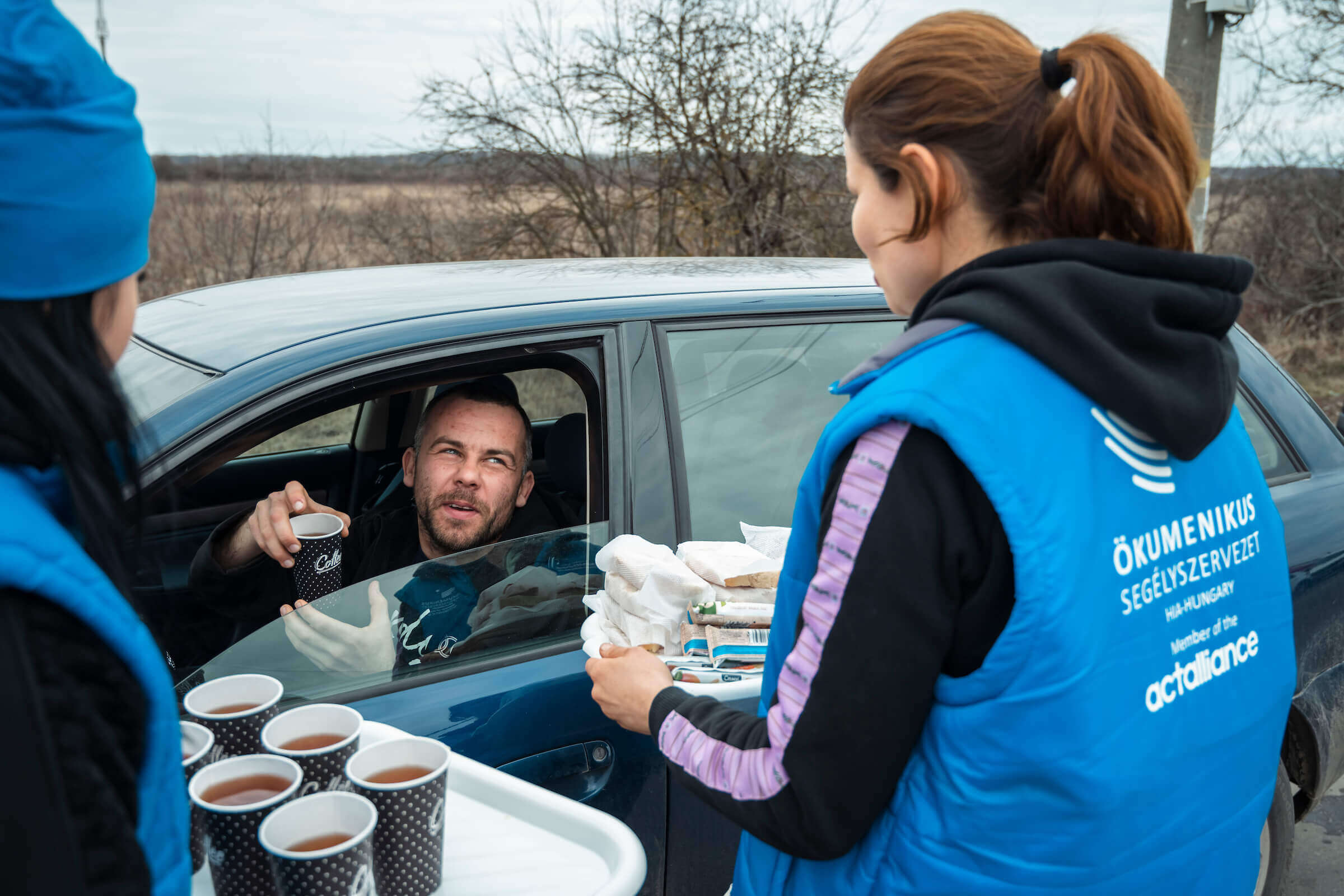As donors convene in Geneva, over 50 NGOs and NGO networks call for an urgent and substantial step-up in funding and leadership to respond to the humanitarian catastrophe facing millions in the Horn of Africa due to the severe drought, warning that further delays will cost lives.
This drought is compounded by the COVID-19 pandemic, conflict, desert locusts, and now a further surge in food and commodity prices due to the conflict in Ukraine. Over 14 million people across Somalia, Ethiopia and Kenya – about half of them children – are already on the verge of starvation. This number will rise to 20 million by the middle of 2022 if the rains continue to fail, prices continue to rise, and significant funds are not surged to meet the needs of those in crisis. In Somalia alone, over half a million people have already fled their homes in search of food and water since the start of 2022.
Even in the best case scenario with above average rains, it would take months for people to recover, and as many as 11 million people would remain highly food insecure in drought-affected areas through September 2022.
Women and children, especially girls, are always hit hardest by a food crisis. Many are at an increased risk of abuse and gender-based violence, including child marriage. Nearly 5.7 million children are threatened by acute malnutrition which leads to lifelong cognitive and physical impairments, increases the risk of other illnesses, and ultimately causes death. “Because of the drought, we are skipping meals. I have to ration supper, and divide meals so that some of my children who need additional food are able to eat more than others,” says Elizabeth Akaale, mother of seven children living in Turkana, Kenya’s northwestern-most county.
The outpouring of support and solidarity for people affected by the conflict in Ukraine has demonstrated a strong sense of shared humanity. However, as humanitarian and development actors working in Somalia, Ethiopia and Kenya, we have yet to see the same level of urgency and solidarity for millions of people like Elizabeth and her children, who bear the brunt of some of today’s biggest shared challenges, including the climate crisis.
“Not getting much needed international attention and additional resources at a time of historic need in the Horn of Africa would result in the loss of thousands of lives that could have been saved by a timely and at-scale response,” says Heather Amstutz, Danish Refugee Council Regional Director for East Africa and the Great Lakes.
We saw the horrific consequences of acting too late in Somalia in 2011, when over a quarter of a million people died as a result of drought and famine. In 2017 however, the Somali government and humanitarian community prevented the worst impacts of drought by swiftly acting on early warning signals, showing that a collective “no-regrets” approach to funding and programming can effectively avert famine. Now, more than ever, our shared responsibility must translate into action for communities in the Horn of Africa.
“In Somalia, national and local actors are making every effort to intensify their response, but there is only so much they can do without the necessary funds. It is critical that funds are directly channeled through local actors who work on addressing the root causes of hunger through a community-driven, integrated humanitarian response,” says Issack Malim, Executive Director of the Nexus Platform in Somalia.
Failing to act quickly will also cost more to donors in the long run and risk reversing the last decade of investments in building resilience and ending drought emergencies in the region.
“In addition to a hunger crisis, we are seeing communities’ capacity to cope and recover from shock at its breaking point. The clock is ticking, and we must act quickly and wisely by increasing investments to strengthen communities’ resilience to future shocks,” says Sean Granville-Ross, Mercy Corps Regional Director for Africa.
Humanitarian partners have requested more than $4.4 billion in funding to provide life-saving aid and protection to approximately 29.1 million people in Somalia, Ethiopia and Kenya in 2022. For Somalia, so far less than 5% ($64.7 million) of that has been secured. The near-record levels of resources and attention for the Ukraine response sit in stark contrast with the badly underfunded crisis in the Horn of Africa, but also show that with enough political will, the response could be rapidly scaled up.
In the past, the strong leadership and convening power of donor governments have proven very effective at mobilizing attention and resources in moments of humanitarian crisis. Today, that leadership is missing for the Horn of Africa.
Efforts by the EU and UN to convene the international community to discuss the crisis in the Horn of Africa and unlock additional, flexible funds is an urgent first step, but we were disappointed to see the event downgraded from a pledging conference to a high-level roundtable. Preventing further deterioration of the crisis will require donors to start acting with a sense of urgency and take decisive action now. The question that remains, as we watch global donors gather in Geneva this week, is will they rise to the occasion?
This statement was endorsed by the following 53 local, national and international NGOs and NGO networks working in Somalia, Ethiopia and Kenya:
Action Against Hunger, Action in Semi-Arid Lands, ACT Alliance, ADRA Kenya, Aid Vision, Arid Lands Development Focus (ALDEF Kenya), ASAL Humanitarian Network Kenya, Care International, Catholic Agency for Overseas Development (CAFOD), Centre for peace and Democracy, Christian Aid, CLEAR Global, Cohere (Formerly Xavier Project), Concern Worldwide, Daami Youth Development Organization, DanChurchAid, Danish Refugee Council, Diakonie Katastrophenhilfe, European Committee for Training and Agriculture, FCA Kenya, FCA Somalia, FilmAid Kenya, Food for the Hungry, Gargaar Relief Development Organization (GREDO), Horn of Africa Voluntary Youth Committee (HAVOYOCO), Humanitarian Translation for Somalia, Humanity & Inclusion, International Aid Services Kenya, International Council of Voluntary Agencies (ICVA), International Rescue Committee, Irman Foundation, Johanniter Unfall Hilfe e.V. Kenya, KAALO, Kenya Charter for Change Working Group, Malteser International, Mercy Corps, Misereor, Norwegian Refugee Council, Oxfam, Plan International, Relief Reconstruction and Development Organization, Social-life and Agricultural Development Organization (SADO), Save the Children, Somali NGO Consortium, Somalia Nexus Platform, Save Somali Women and Children (SSWC), Taakulo Somali Community, Tearfund, Trocaire, Voluntary Service Overseas (VSO), WASDA, We World, World Vision International.
Notes to editors
- The World Food Programme has warned that the number of people facing hunger in the Horn of Africa due to the drought might rise from 14 million to 20 million by the end of the year.
- In Somalia, around 6 million people (38 percent of the entire population) are suffering from severe food insecurity (IPC3 or above), with 1.7 million of them in Emergency (IPC 4), and 81,000 people projected to face famine conditions (IPC 5) before June. There is a real risk of famine if humanitarian aid is not scaled up immediately.
- According to FSNWG’s Special Report on Drought, under an average to above-average rainfall scenario, Widespread Stressed (IPC Phase 2) and Crisis (IPC Phase 3) outcomes would be likely through September 2022, with between 7 to 11 million people still highly food insecure (IPC Phase 3+) in drought-affected areas.
- According to UNICEF nearly 5.7 million children are threatened by acute malnourishment in the Horn of Africa, with more than 1.7 million at risk of severe acute malnutrition.
- As trade routes from Ukraine and Russia are severely disrupted, staples such as wheat are becoming increasingly scarce and expensive. Countries such as Somalia, which relies on Russia and Ukraine for 90% of its wheat supplies, have seen wheat and oil prices rise by 300%. Because of the disruption in these imports, the cost of bread and other essential products is rapidly rising, disproportionately affecting the most vulnerable.
- For more information on the impact of drought and food crises on gender-based violence, check the Gender Based Violence AoR’s Brief Overview of Research, Evidence and Learning on the Links between Food Insecurity and Gender-Based Violence in Conflict Affected Settings.
- For more information on humanitarian funding gaps for Somalia, Ethiopia and Kenya, refer to the UN OCHA’s Financial Tracking Service
- The High-Level Roundtable on the Horn of Africa Drought is co-hosted by the European Union and the United Nations Office for the Coordination of Humanitarian Affairs (OCHA). It will take place in Geneva on Tuesday 26 April 2022 from 4:00 pm – 6:30 pm (EAT) and will be held in a hybrid format (online and in-person).
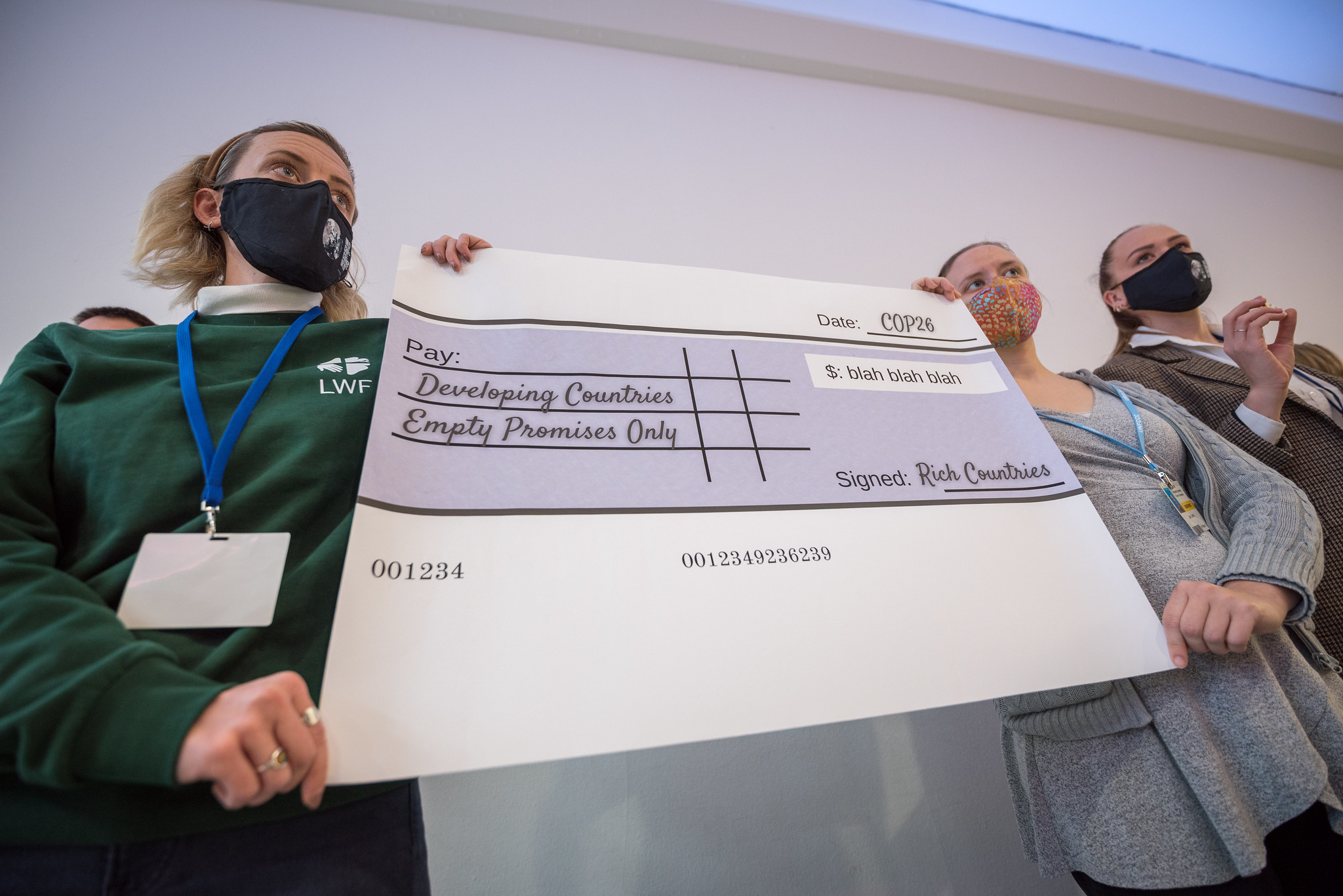
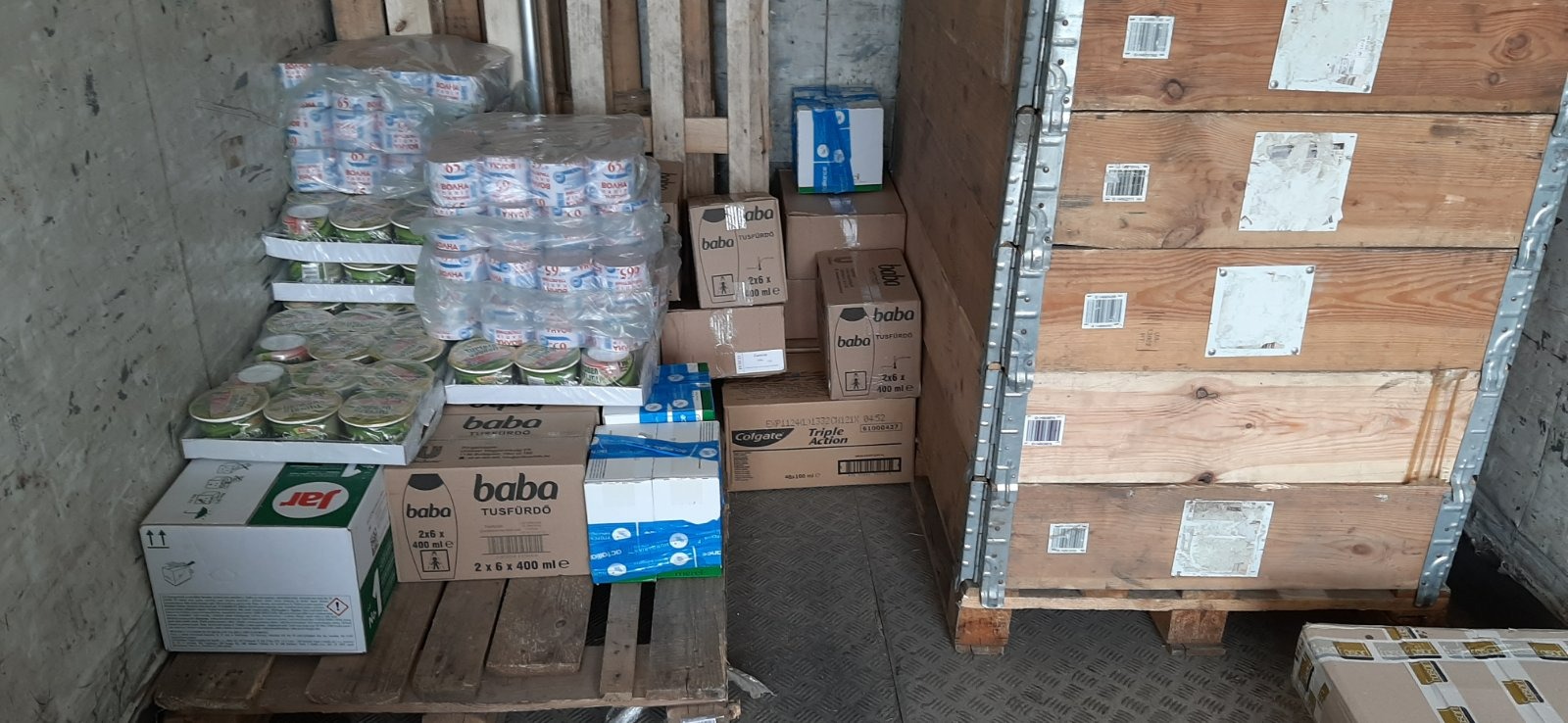
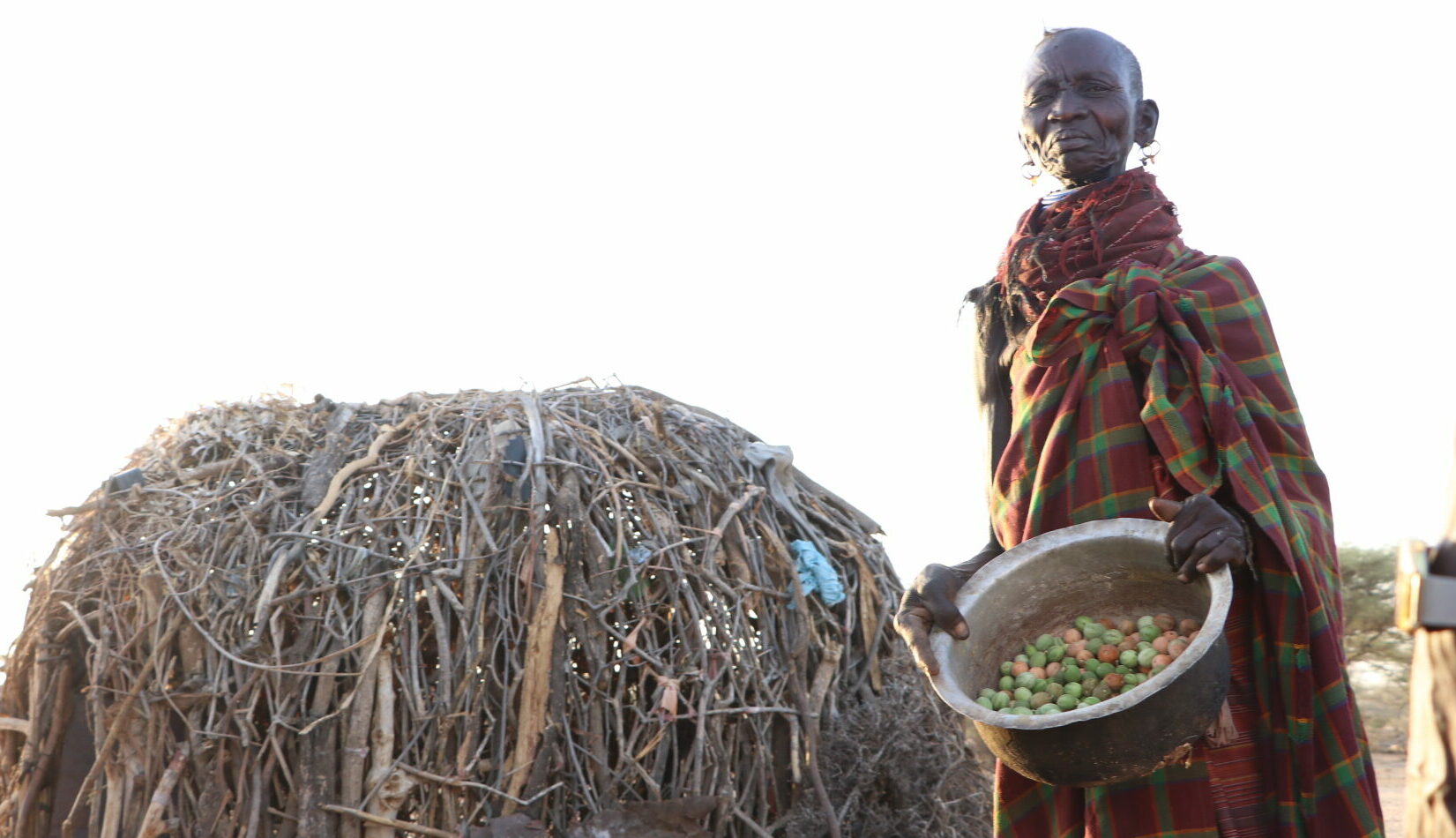
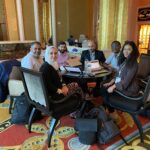

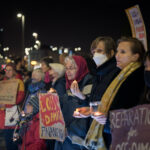
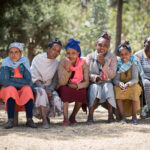
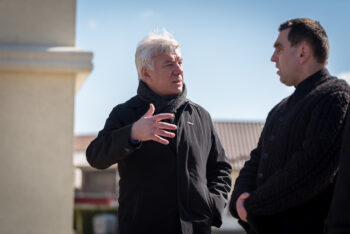
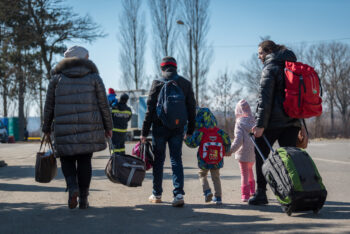 Thorsten Göbel, ACT’s director of programmes, was impressed with the response by ACT members. “What impressed me most was the combination of different approaches to respond to the specific needs in the respective situations: from larger quite professionalised response inside Ukraine combined with domestic response in Hungary by Hungarian Interchurch Aid, to a more regional parish-based response by HEKS, the Reformed Diakonia, and the Orthodox church in Northwestern Romanian combined with cross-border cooperation with the churches around 100km across the border on the Ukrainian side, and a well-connected response and a focus on legal assistance by Aidrom with local authorities and other civil society actors in Northeastern Romania.”
Thorsten Göbel, ACT’s director of programmes, was impressed with the response by ACT members. “What impressed me most was the combination of different approaches to respond to the specific needs in the respective situations: from larger quite professionalised response inside Ukraine combined with domestic response in Hungary by Hungarian Interchurch Aid, to a more regional parish-based response by HEKS, the Reformed Diakonia, and the Orthodox church in Northwestern Romanian combined with cross-border cooperation with the churches around 100km across the border on the Ukrainian side, and a well-connected response and a focus on legal assistance by Aidrom with local authorities and other civil society actors in Northeastern Romania.”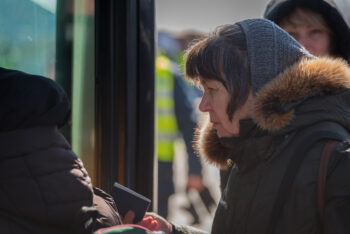 Churches play a key role in responding to this crisis, Bueno de Faria said. “Church leaders are mobilizing great numbers of volunteers. They are also aware of the political nuances around this war, which is an important element of the political and prophetic diakonia, where church leaders stand up to denounce injustices and announce the good news. I sincerely believe that after this war, the role of ecumenical diakonia will be more important than ever, where- regardless of their individual Christian confession- they will realize that we need to work together to ensure more inclusiveness, solidarity and justice in human relations.”
Churches play a key role in responding to this crisis, Bueno de Faria said. “Church leaders are mobilizing great numbers of volunteers. They are also aware of the political nuances around this war, which is an important element of the political and prophetic diakonia, where church leaders stand up to denounce injustices and announce the good news. I sincerely believe that after this war, the role of ecumenical diakonia will be more important than ever, where- regardless of their individual Christian confession- they will realize that we need to work together to ensure more inclusiveness, solidarity and justice in human relations.”